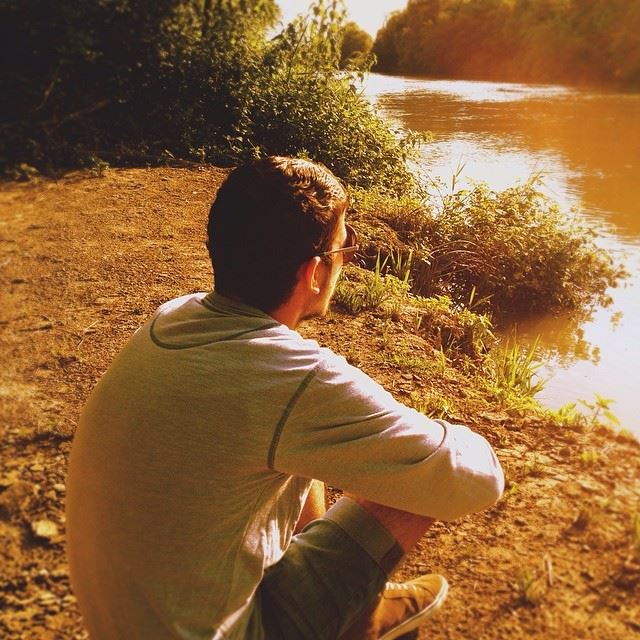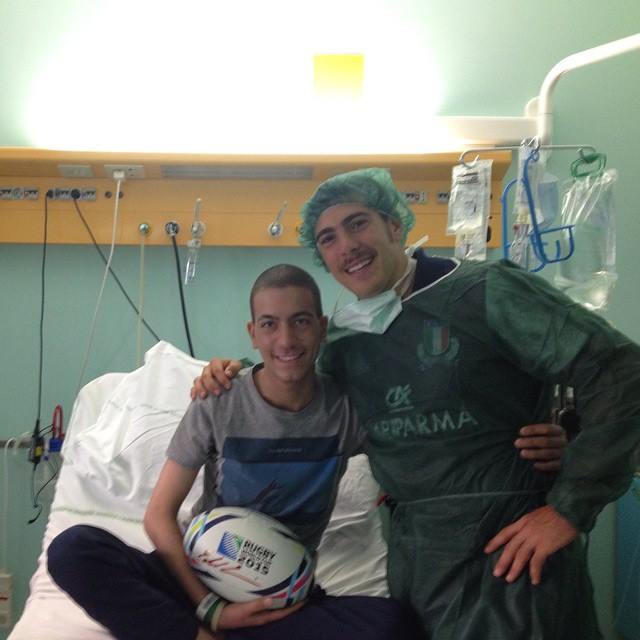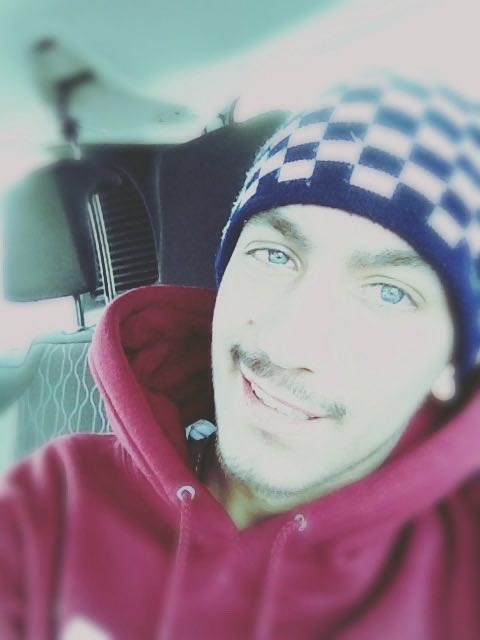Nicola Perin loved rugby and fishing, but he loved God more.
Lenten Campaign 2025
This content is free of charge, as are all our articles.
Support us with a donation that is tax-deductible and enable us to continue to reach millions of readers.
He’s been compared to the likes of Chiara Luce Badano and Carlo Acutis, and he was included in an exposition called “The Saints Next Door” (I santi della porta accanto) in the lead-up to the Synod on Youth. He was an athlete, a star student, and a lover of fishing and outdoor activities. His name was Nicola Perin, and although he isn’t well known yet, his example is already inspiring people in his native Italy to do good works and pray for his intercession.
Rugby, fishing, and school
Born February 2, 1998, to Adriana and Roberto Perin, Nicola was charismatic and energetic. He began playing rugby when he was 6 years old, later playing on the regional junior team in nearby Rovigo (northeastern Italy) as the scrum-half (something akin to the quarterback in football). His passion for the game came from his father, and it was a factor of unity between the two of them, according to an interview by Ermanno Luzi with his parents in Italian magazine Medjugorje: The Presence of Mary (Medjugorje. La presenza di Maria.)
Rugby wasn’t the only sport he enjoyed; he also loved to fish and engage in other outdoor activities. At the same time, he knew how to employ his energy in the classroom, where he excelled both as a student and as a friend, gaining the affection and respect of his teachers and peers. He was always ready to help others, and got along with kids of all ages.

In his diary, he wrote, “Living forgiveness, friendship, solidarity, and hospitality in the concrete reality of each day gives me great joy.” This and other texts came to light for the public in his biography in Italian, God’s Scrum-Half: Nicola and his incurable will to live (Il mediano di Dio. Nicola e la sua inguaribile voglia di vivere) by Cristian Bonaldi.
When he entered high school, he seemed to have a bright future before him. However, he started to tell his parents that he was suffering from fatigue and other symptoms, and they took him to the hospital for tests. In 2013, at the age of 15, he was diagnosed with leukemia.
Faith and courage in the face of suffering
He received the diagnosis with surprising strength of spirit. Soon, he had the spiritual guidance of Capuchin priest Gianluigi Pasquale, who became his confessor and spiritual director. Nicola had a special devotion to Padre Pio and to the Virgin Mary, although in an interview with Aleteia, his mother said that his favorite prayer was the Our Father: “That was his prayer,” she told reporter Paola Belletti.
Nicola was patient and humble throughout all the tests, therapies, and poking and prodding involved in his treatment. “My son was always smiling. He was the one who carried us and the doctors, who sustained us,” his mother told Luzi. He suffered with “great serenity and peace,” never complaining, and often encouraging and playing with younger patients.
That’s not to say that suffering was easy for him. “We found some of Nicola’s writings in which he asked Mary and the Lord to forgive him for not managing to pray, or not having the strength to do so,” his mother revealed to Luzi. Still, “he definitely showed great faith and a very intense rapport with God.”

Still thinking about others
Nicola wrote in his diary about how his illness helped him appreciate every day of his life. “I always imagined I’d grow old, that one day I’d have wrinkles and my hair would turn white. I’ve dreamed of building a family. That’s the way life is. Fragile, precious, and unpredictable. Every day that goes by isn’t our right, but a gift we’re given. I love my life, I’m happy, and I’m in debt to my loved ones. I don’t know how long I’ll live, so I don’t want to waste time being sad.”
He kept his focus on others, apologizing to his parents for making them suffer on his behalf, and playing with younger children in the cancer ward to lift their spirits. His mother, in her interview with Aleteia, recounts how at one point Nicola was given an iPad; when he realized he wasn’t going to be around to use it, he said, “It doesn’t matter. That means we can sell it and help other children and other families.”
Although he underwent all the treatment possible, including two bone marrow transplants (one from his father and one from his mother), he didn’t get better.
He was fully aware of the gravity of his situation, but he didn’t give up hope. He continued his high school studies in the hospital, attending classes via Skype. After his first transplant, he even won a scholarship for his academic performance.

The sign of the cross: his last gesture
Eventually, he became too weak to carry on any activities. Two days before his death, he asked his father to help him make the sign of the cross: the last gesture he would ever make. He died on December 24, 2015, at the age of 17. “He offered up his suffering and accepted it to the very end,” his mother said to reporter Luzi.
Now, just a few years later, many people visit his grave to pray and ask for his intercession. “There are people who’ve received help; we’re collecting many testimonies, following the bishop’s indications; then we will present them to him next year,” his mother says.
At the end of Bonaldi’s biography of Nicola, there is a prayer signed by Cardinal Angelo Comastri:
Dear Nicola,
Your life was brief but intense. You left behind you a path of goodness, a luminous example of courage, a generosity that ignored no one, a faith that saw beyond suffering and always smiled at everyone.
We remember you as a winner! You played marvelously the game of life, and you won. From Heaven, pray for us, that we may not waste our lives, burning them up with our egoism and whimsy, but that we may spend our lives sowing goodness.
Jesus was the light of your life, your strength in battle, your comfort in your suffering: may He now be the true Friend who teaches us the way of true happiness.”










